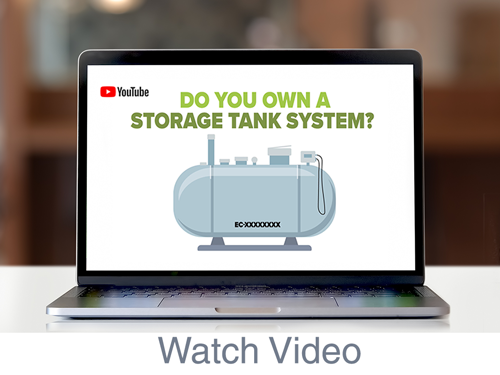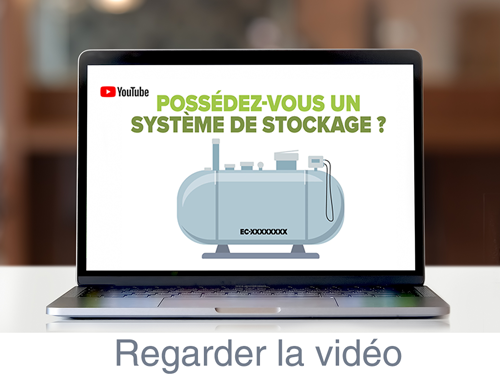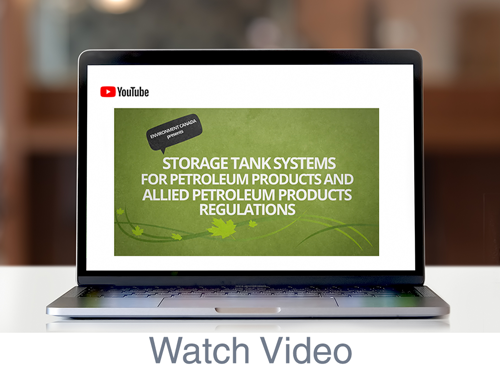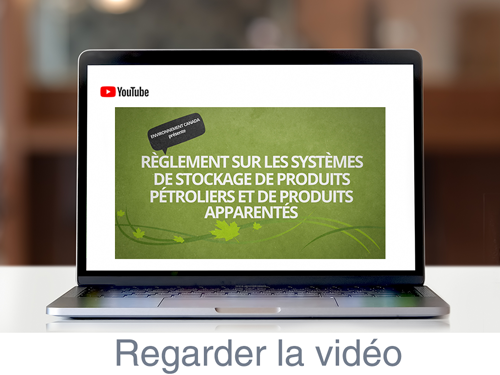
What we heard report: Review of the storage tank regulations – Canada.ca
In 2022, ECCC completed a review of the Storage Tank Systems for Petroleum Products and Allied Petroleum Product Regulations (the Regulations) as part of the departmental Regulatory stock review plan. The recommendation from the stock review is to amend the Regulations. Here is the link to access the result : Regulatory stock review plan 2019 to 2029: Environment and Climate Change Canada – Canada.ca. In July 2023, ECCC published a What we heard report that summarizes and consolidates the feedback received during the 2022 engagement activities, including the Discussion document. Further engagement will be aligned with future regulatory initiatives. For general comments or anyone wishing to be on our contact list to receive information related to the Regulations and upcoming engagement activities, please contact us at the following email address: registrereservoir-tankregistry@ec.gc.ca
Link to our What we heard report: What we heard report: Review of the storage tank regulations – Canada.ca
Storage Tank Regulations
Over the last number of years, Environment and Climate Change Canada has consulted with industry groups, First Nations, federal government departments, and product suppliers in order to develop regulations regarding petroleum storage tanks.
Environment and Climate Change Canada estimates that there are approximately 10,000 storage tank systems within federal jurisdiction, and that approximately 3000 of them are over 20 years old and do not have any leak detection systems, secondary containment systems, nor any corrosion protection. There is an environmental threat due to possible corrosion of these storage tanks. In order to help protect the health and safety of the general public and the environment ECCC adopted the Storage Tank Systems for Petroleum Products and Allied Petroleum Products Regulations to govern storage tank systems that are under federal jurisdiction. These regulations apply to storage tank systems that are owned or operated by federal departments, agencies, boards or properties that are owned by the Crown including railways, port authorities, and airports. They also include all Aboriginal lands, including those operated by band councils, or owned by private companies or individuals on the Aboriginal lands.
Regulations affect both aboveground and underground petroleum storage tanks, their piping and associated equipment which has a capacity of more than 230 litres on federal and Aboriginal lands. The new regulation does NOT apply to the following:
- indoor storage tanks
- pressurized tanks, like those storing propane
- mobile tanks such as those on the back of a pickup or other trucks
- aboveground tanks with a total capacity of 2500 litres, or less, and are connected to a heating appliance or an emergency generator
- tanks governed by the National Energy Board
Storage tank owners, as outlined above, are required to register their tank systems with Environment Canada. New installations of storage tank systems must be registered prior to the first product fill. Also, a person delivering petroleum products will not be able to fill tanks which do not have an Environment Canada Identification number visible on or near the system. A delivery person is also required to inform the owner/department of any spill, or evidence of leaks or spills.
Any existing system that has a single-walled underground tank must have a third-party precision leak test done. Upon completion of the original precision leak test, the owner/operator shall set up ongoing leak detection or monitoring program, see the regulation for three acceptable monitoring options.
Any person doing work on petroleum storage tanks, such as installation and removal of tanks, must be licensed through the authority having jurisdiction within the province where the work is being done, licenses through the Canadian Petroleum Contractor’s Association are also recognized. Now that the federal government is referring to the CPCA regarding accredited licenses, this should help provincial bodies to adopt/accept CPCA certification for its members.
These regulations for federal properties and Aboriginal lands are in place to ensure that the environment, and the general public, is as safe as possible from contamination due to corrosion of petroleum storage tanks. For more information on these regulations, please refer to Environment & Climate Change Canada’s weblinks below.
Federal Identification Registry for Storage Tank Systems
Are you a consultant or a contractor who installs or replaces petroleum storage tank systems located on Federal or aboriginal land, or owned by federal entities? You can help your clients better understand the identification requirements of the Storage Tank Systems for Petroleum Products and Allied Petroleum Products Regulations. To learn more:
Êtes-vous un consultant ou un entrepreneur qui installe ou remplace des systèmes de stockage sur un territoire fédéral ou autochtone ou pour des entités fédérales? Vous pouvez aider vos clients à mieux comprendre les exigences d’identification du Règlement sur les systèmes de stockage de produits pétroliers et de produits apparentés. Pour en savoir plus :
Are you unsure whether the Storage Tank Systems for Petroleum Products and Allied Petroleum Products Regulations apply to your clients’ system? Here’s how to help you and your clients to determine if they are subject to the Regulations or not:
Vous êtes incertain si le Règlement sur les systèmes de stockage de produits pétroliers et de produits apparentés s’applique aux systèmes de vos clients? Voici comment déterminer si le règlement s’applique ou non aux systèmes de vos clients :
Useful Websites and Contacts
Websites
ECCC Website: Regulations, tank tips, codes of practice, federal identification registry, certified installers
Compliance and Enforcement Policy for the Canadian Environmental Protection Act, 1999




